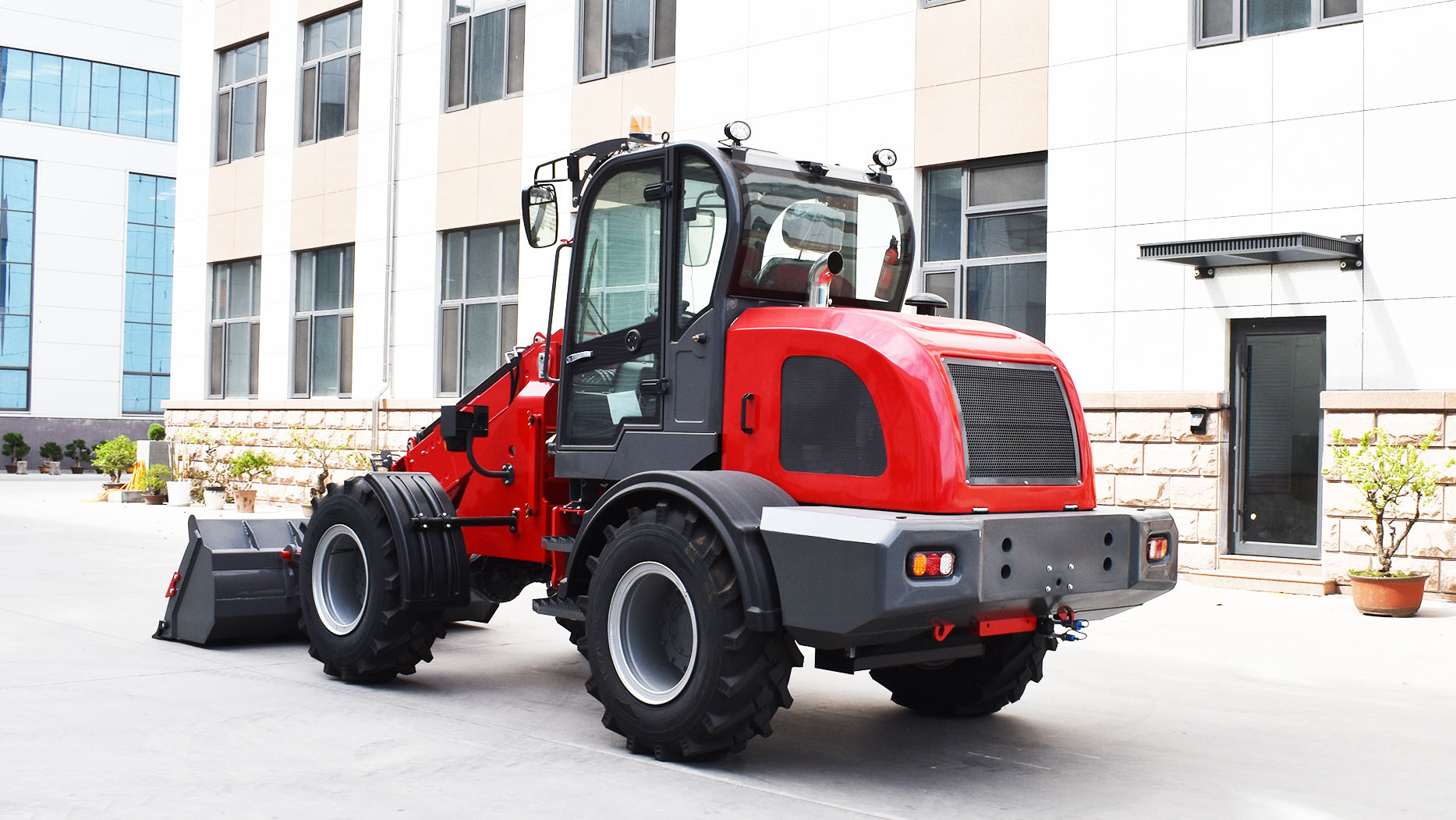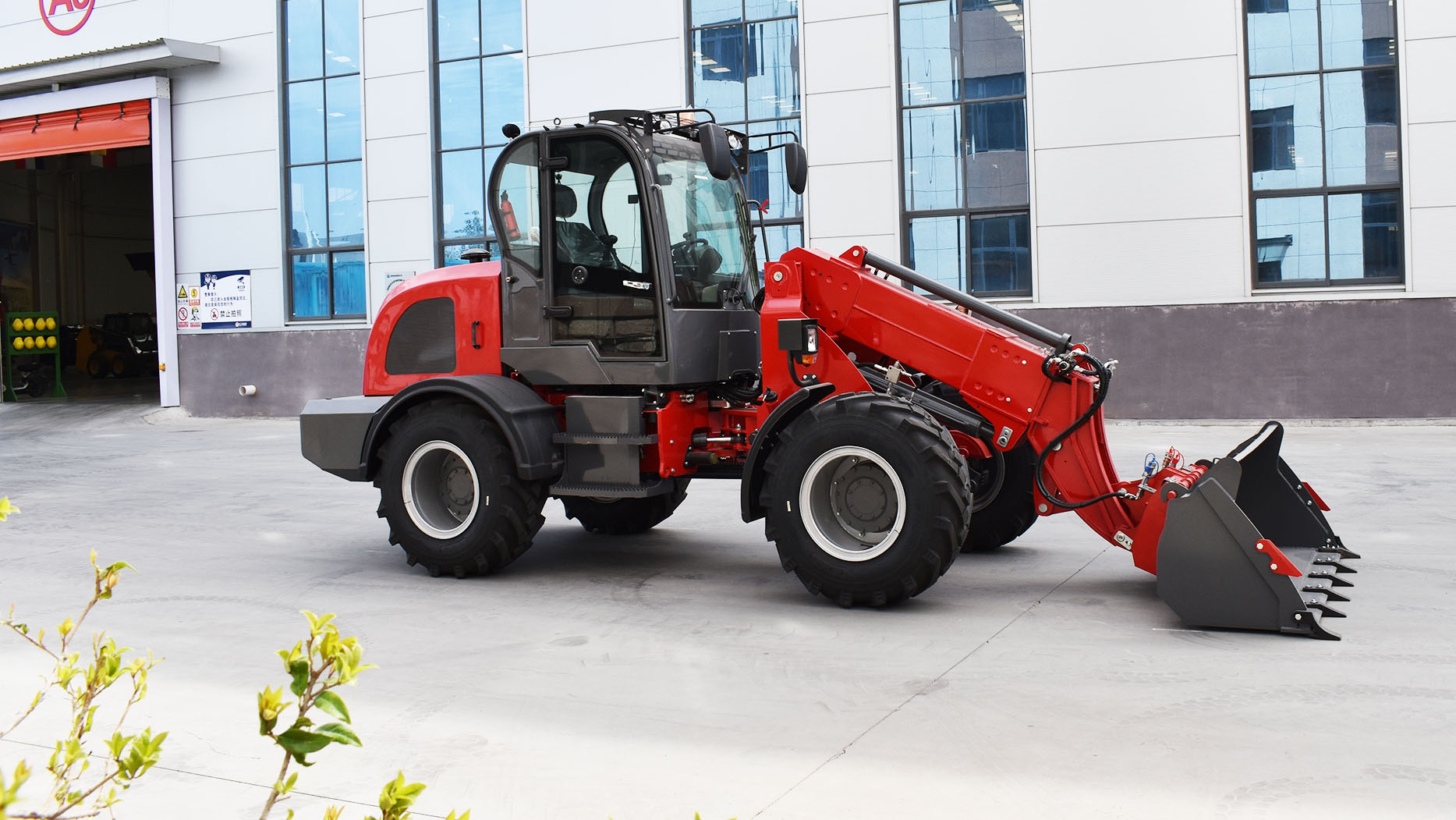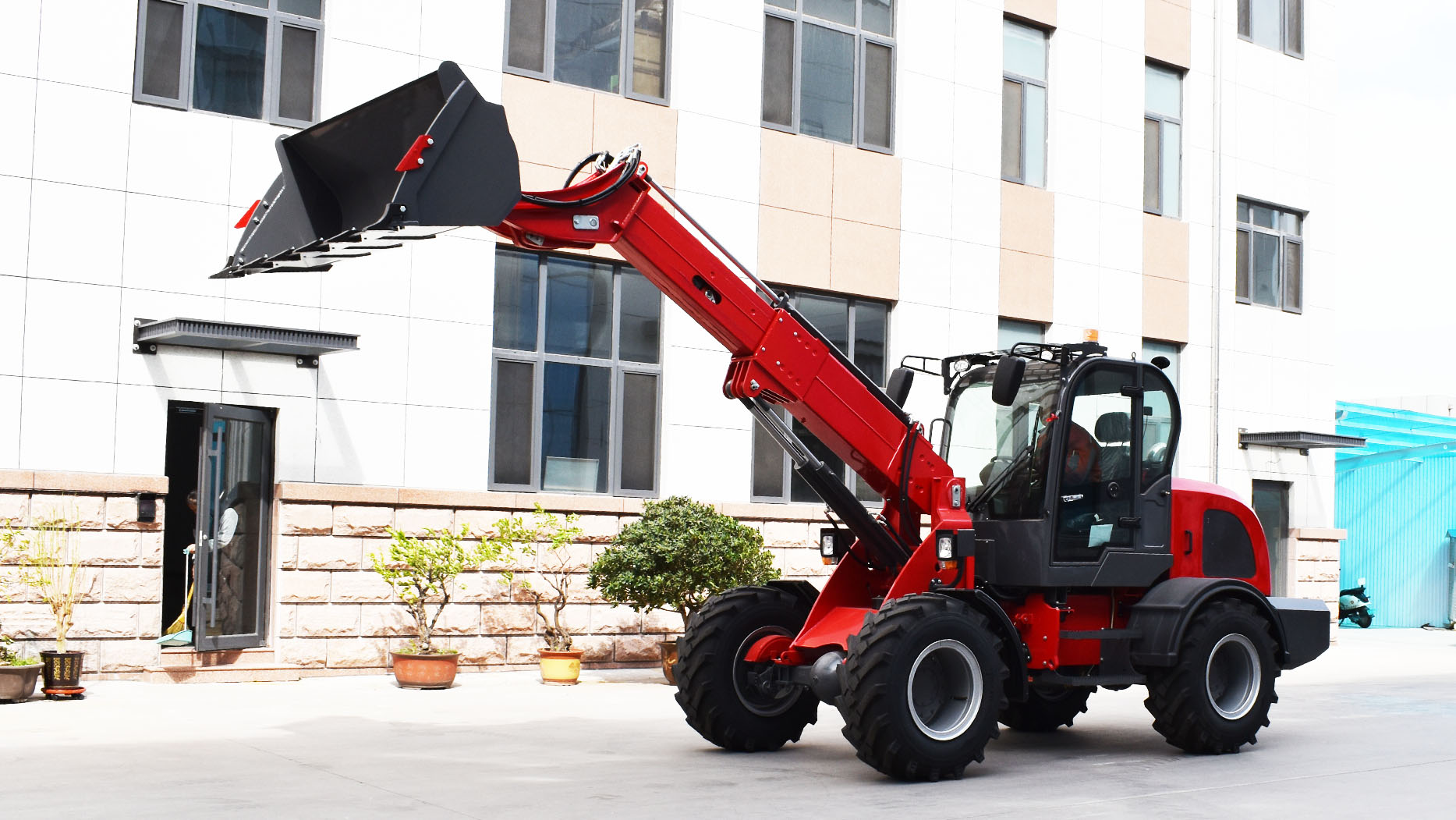The rhythmic roar of engines and the tireless work of hydraulic systems are the lifeblood of countless industries, from the foundational work of construction to the vital harvests of agriculture. Heavy equipment – excavators, loaders, bulldozers, cranes, and more – are indispensable tools that drive progress and productivity. However, the significant capital expenditure associated with purchasing and maintaining such machinery often makes rental a more viable and strategic option for many businesses. This is where heavy equipment rental dealers step in, acting as crucial partners in providing access to the necessary tools without the long-term financial commitment and logistical burdens of ownership.
But with a landscape populated by numerous rental companies, the question arises: which is the best dealer for heavy equipment rental? The answer, as with many complex business decisions, isn't a single name but rather a nuanced evaluation based on a multitude of factors tailored to the specific needs and priorities of the renting entity. This technical article will delve into the critical criteria for assessing heavy equipment rental dealers, empowering businesses to make informed decisions that optimize their projects and budgets.
Defining "Best": A Multifaceted Perspective
The notion of the "best" dealer transcends simply offering the lowest prices. While cost is undoubtedly a significant consideration, a truly exceptional rental partner provides a holistic value proposition encompassing several key areas:
Equipment Availability and Fleet Diversity: The primary function of a rental dealer is to have the right equipment available when and where it's needed. The "best" dealer will maintain a large and diverse fleet, encompassing a wide range of machine types, sizes, and specifications to cater to various project requirements. This includes not only common equipment like excavators and loaders but also specialized machinery. Furthermore, the availability of the specific model and quantity required within the desired timeframe is crucial.
Equipment Quality and Maintenance: Downtime due to equipment malfunction can be costly and disruptive. The "best" dealers prioritize regular maintenance and ensure their fleet is in excellent working condition. They will have established maintenance schedules, employ qualified technicians, and conduct thorough inspections before each rental. Transparency regarding the equipment's maintenance history can also be a positive indicator.
Pricing Structure and Transparency: While competitive pricing is essential, the "best" dealers offer clear and transparent pricing structures. This includes outlining all potential fees, such as delivery, pickup, environmental charges, and any potential surcharges for exceeding usage limits or damage. Hidden costs and unexpected fees are hallmarks of a less reputable dealer.
Service and Support: The rental experience extends beyond the delivery and pickup of equipment. The "best" dealers provide exceptional customer service and support throughout the rental period. This includes knowledgeable staff who can assist in selecting the right equipment for the job, clear and concise rental agreements, efficient delivery and pickup services, and prompt and effective support in case of equipment issues or breakdowns on site.
Flexibility and Adaptability: Project timelines and requirements can change unexpectedly. The "best" rental dealers demonstrate flexibility in accommodating these changes, whether it's extending rental periods, swapping equipment, or adjusting delivery schedules. Their willingness to work with the renter's evolving needs is a significant advantage.
Technological Integration: In today's digital age, the "best" dealers leverage technology to enhance the rental experience. This may include online platforms for browsing equipment availability and pricing, online booking and account management, GPS tracking of equipment, and telematics data that can provide insights into machine usage and potential maintenance needs.
Safety and Training: Ensuring the safe operation of heavy equipment is paramount. The "best" dealers prioritize safety by offering well-maintained equipment with up-to-date safety features. They may also provide access to operator training resources or partner with certified training providers.
Reputation and Experience: A dealer's track record and reputation within the industry are valuable indicators of their reliability and service quality. The "best" dealers often have years of experience, positive customer reviews, and strong relationships within the local construction and related communities.
Location and Accessibility: The proximity of the rental dealer to the job site can impact delivery times and transportation costs. Dealers with multiple locations or efficient logistics capabilities can offer greater accessibility and responsiveness.
Key Players in the Heavy Equipment Rental Landscape:
While the "best" local or regional dealer might be the ideal choice for specific needs, several large national and international players have established themselves as significant forces in the heavy equipment rental market. These companies often offer extensive fleets, broad geographic coverage, and sophisticated online platforms:
United Rentals: As the world's largest equipment rental company, United Rentals boasts an expansive fleet and a vast network of locations across North America and Europe. They offer a wide range of equipment, from earthmoving and aerial lifts to power and HVAC solutions. Their size allows for significant equipment availability and often competitive pricing.
Sunbelt Rentals (owned by Ashtead Group): Another major player with a strong presence in the United States, Canada, and the United Kingdom. Sunbelt Rentals offers a diverse fleet and emphasizes service and reliability. They cater to a wide range of industries and project sizes.

Herc Rentals: A well-established national company with a significant fleet of construction and industrial equipment. Herc Rentals focuses on providing reliable equipment and strong customer support, with a growing emphasis on technology and fleet management solutions.
The Home Depot Rental: While primarily known for tool rentals, The Home Depot also operates a large equipment rental division, offering a range of earthmoving, aerial, and general construction equipment. Their extensive network of stores provides convenient access in many locations.
Caterpillar Rental Store (Cat Rental Store): Backed by the renowned heavy equipment manufacturer, Cat Rental Stores offer a wide selection of Caterpillar machinery and other allied brands. Renting from a Cat Rental Store can provide access to well-maintained, late-model equipment and the support of the Caterpillar dealer network.
The Importance of Local and Regional Dealers:
While national players offer scale and broad coverage, local and regional heavy equipment rental dealers can also provide significant advantages:
Personalized Service: Smaller, local dealers often offer more personalized attention and a deeper understanding of the specific needs of businesses within their community.
Local Expertise: They may have specialized knowledge of local job site conditions, regulations, and specific equipment requirements.
Flexibility and Responsiveness: Local dealers might be more灵活 in accommodating specific requests and responding quickly to urgent needs.
Competitive Pricing: Depending on their overhead and market position, local dealers can sometimes offer more competitive pricing.
Making the Right Choice: A Step-by-Step Approach:
Identifying the "best" heavy equipment rental dealer requires a systematic approach:
Thoroughly Assess Your Needs: Clearly define the specific types and sizes of equipment required for your project, the duration of the rental, the operating environment, and any specific features or attachments needed.
Research Potential Dealers: Identify both national and local/regional rental companies that serve your area. Utilize online search engines, industry directories, and recommendations from colleagues and industry contacts.
Evaluate Fleet Availability and Diversity: Check the dealer's website or contact them directly to inquire about the availability of the specific equipment you need and the overall diversity of their fleet. Ensure they can meet your current and potential future needs.
Inquire About Equipment Quality and Maintenance: Ask about the dealer's maintenance practices, the age of their equipment, and whether they conduct regular inspections. Don't hesitate to inquire about the equipment's history if renting used machinery.
Obtain Detailed Quotes: Request comprehensive quotes from several dealers, ensuring all potential fees are clearly outlined. Compare the total cost of ownership, not just the daily or weekly rental rate.
Assess Service and Support Capabilities: Inquire about the dealer's customer service policies, their responsiveness to inquiries, their delivery and pickup procedures, and their process for handling equipment breakdowns on site.
Evaluate Flexibility and Adaptability: Discuss potential scenarios where your project timelines or equipment needs might change and assess the dealer's willingness to accommodate these adjustments.
Explore Technological Offerings: Determine if the dealer utilizes technology that can streamline the rental process and provide added value, such as online platforms and telematics.
Prioritize Safety and Training: Inquire about the safety features of their equipment and the availability of operator training resources.
Check Reputation and Experience: Research online reviews, check with industry contacts, and consider the dealer's years of experience in the market.
Consider Location and Accessibility: Evaluate the proximity of the dealer's locations to your job sites
-
and their ability to deliver and pick up equipment efficiently.
Conclusion:
There is no single "best" heavy equipment rental dealer; the optimal choice depends entirely on the individual needs and priorities of the renting business. By carefully evaluating potential dealers based on the critical factors outlined in this article – including equipment availability and quality, pricing transparency, service and support, flexibility, technology, safety, reputation, and location – businesses can navigate the rental landscape effectively and forge partnerships with dealers who will contribute to the smooth and successful execution of their projects. The key lies in conducting thorough research, asking the right questions, and prioritizing a holistic value proposition over simply chasing the lowest price. A strong relationship with a reliable and supportive rental dealer can be an invaluable asset, providing access to the tools needed to build, grow, and succeed.
Post time:May.02.2025


